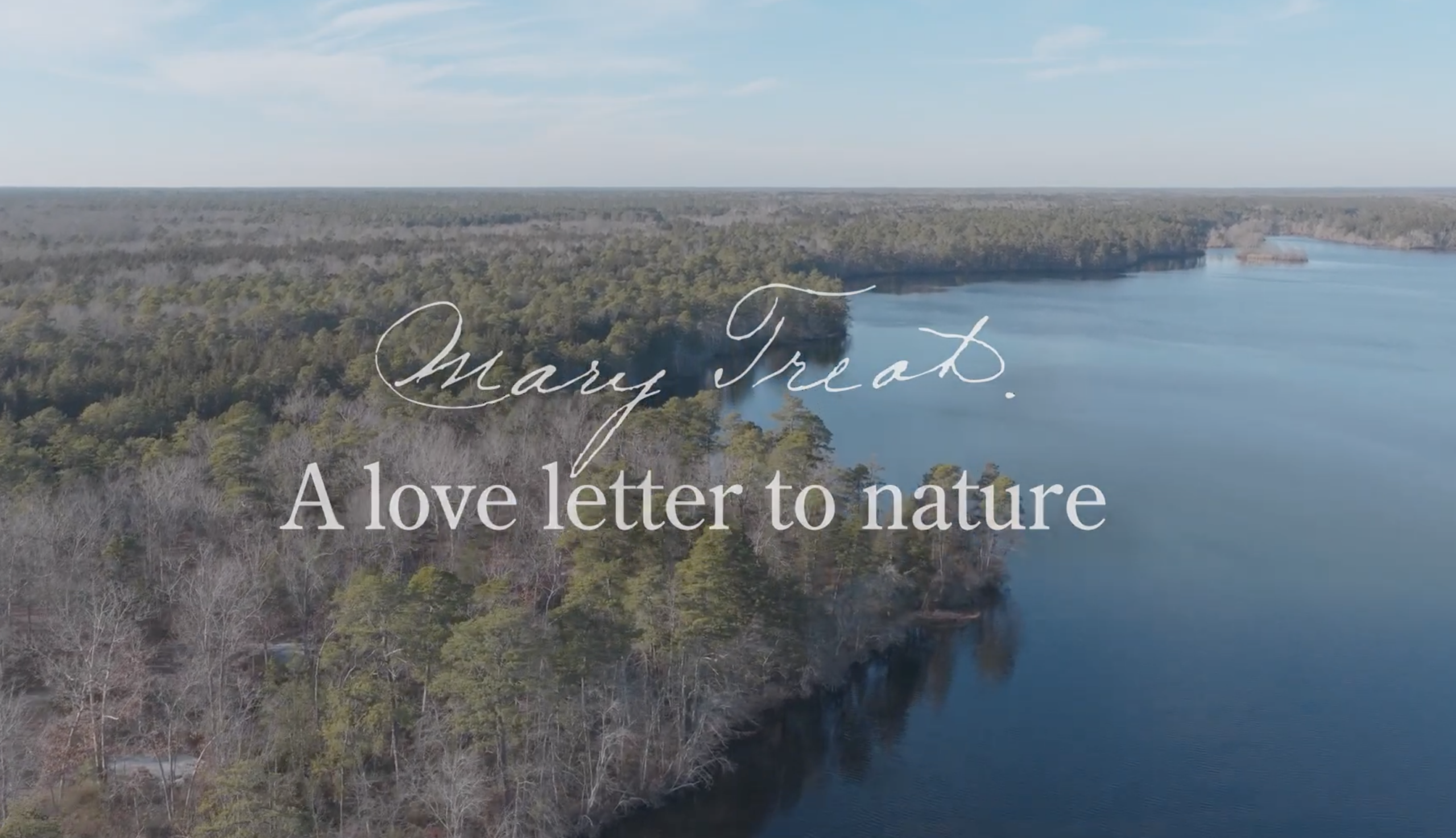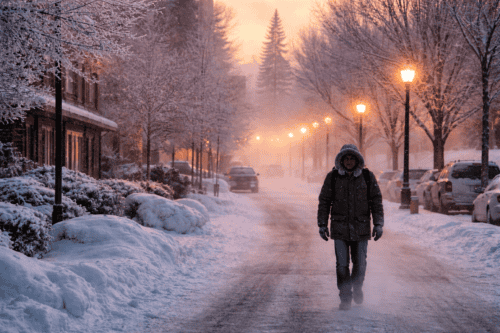‘Feather Quest’
Birding team tallies 142 bird species— and so much more.


The CU Maurice River “Fish Hawks” competed in the World Series of Birding on May 11. Hosted by NJ Audubon, this is the world’s largest birding competition. The money raised by the Fish Hawks supports CU Maurice River’s mission, which is accomplished by activities such as programs and presentations, clean-up of natural areas, water monitoring, local festivals, rain gardens, and avian and wildlife management projects. Contributions also support CU Maurice River’s educational programming that builds an appreciation for the diversity of bird species reliant on the integrity of the Wild and Scenic Maurice River and its watershed.
New Jersey Audubon started the World Series competition in 1984 when 13 teams participated. They sought to tally as many different species of birds as they could by sight and sound. Each team raised dollars for their favorite environmental cause and to increase awareness about the habitat needs of migrating birds. Today around 90 teams compete each year.
CU Maurice River has had a team in the competition since 2007.
Teams generally start their quest for birds at midnight the day of the event and can bird for up to 24 hours. Some donors select to pay a certain amount per bird sighted, others give a flat donation. By the time all donations are in, CU expects to have raised $20,000. For 2024 our team tallied 142 different species, a very competitive number. They accomplished this in Cumberland and Cape May counties alone, a testimony to the diversity of birds in our region!

This year the CU team was treated to the Mother’s Day weekend display of the northern lights or aurora borealis, a series of solar flares and coronal mass ejections from the sun that created a dazzling light show seen as far south as Alabama and northern California. Usually the aurora borealis is visible only between latitudes of 60 and 70 degrees, in places such as Iceland, northern parts of Sweden, Finland, Norway, Russia, Canada, northern Washington State, and Alaska as well as southern Greenland. This year one CU member reported seeing them in Arkansas.
Our CU team was composed of Captain Mary Watkins, Tony Klock, Jim Blumenstein, and Dr. Kathy Michel. Tony Klock did a nice job of summarizing his team experience.
“Most avid birdwatchers, given our choice, would spend our days outdoors in pursuit of our quarry, the birds. Participating in the annual World Series of Birding (WSB) grants us permission to set aside our chores—that uncut lawn, the untended garden, the fence that needs a coat of paint, and so on—to spend an entire 24 hours beating the bushes, to borrow the phrase, and embark on a ‘Feather Quest.’
“There is an excitement that comes with spending the time with friends who share this passion—this obsession, really—ticking off species after species on our list. To be able to ‘scratch this itch’ for a worthy cause is really just icing on the cake for me. It can be physically taxing, especially as I get older, to rouse myself an hour or so before midnight to prepare to hit the road. However in reality, I’m certain that like most of the other birders who do the WSB, getting sleep ahead of the event is a challenge in and of itself.
“For a change the weather was not as challenging as it has been in recent years, although it was quite brisk, with temps in the mid 40s. Perhaps as a result of the chill the night birds we sought to identify by sound were oddly quiet. When the clouds cleared at 3 a.m. at Turkey Point we were treated to an extraordinary view of the northern lights, the aurora borealis! In my opinion, this turned what had been a disappointing and somewhat long night into a unique gift and served as a promise for the wondrous day that was to follow.
 “The sun rose and unceremoniously brushed aside the remnants of the aurora light show. Despite the lingering chill, the birds woke up and treated our team to another gift, a resplendent dawn chorus. At times, so many birds were singing simultaneously that it became difficult to actually differentiate one from another. It is at this point in our day that we were able to grow our list quickly. The dreary weather of the previous day or two most likely kept the migrant passerines bottled up and unable to continue their northern journey. As a result, we were able to add many birds that have evaded us in the competitions of the recent past.
“The sun rose and unceremoniously brushed aside the remnants of the aurora light show. Despite the lingering chill, the birds woke up and treated our team to another gift, a resplendent dawn chorus. At times, so many birds were singing simultaneously that it became difficult to actually differentiate one from another. It is at this point in our day that we were able to grow our list quickly. The dreary weather of the previous day or two most likely kept the migrant passerines bottled up and unable to continue their northern journey. As a result, we were able to add many birds that have evaded us in the competitions of the recent past.
“Throughout the rest of the day and evening we visited marshes, woodlands, barrier island beaches, and finally came back home to the Delaware Bayshore, where the iconic spectacle of the horseshoe crab spawning is currently coinciding with the epic shorebird migration in all of its glory. As evening came we finished up at my hummingbird feeder, and after more than 19 hours, parted ways where we started, at the Glades at Turkey Point.
“Thanks to my amazing partners, the CU Fish Hawks: Mary, our captain; Kathy; and Jim. I can honestly say that there are few people with whom I’d willingly spend 19 hours in a truck, and they are a pleasure. I’d also like to thank our sponsor CU Maurice River, the CU staff, and the many generous donors who perpetually step up (this year to the tune of $20K) to support our education and advocacy efforts in this beautiful region. I love our “Down Jersey” and if you haven’t had the opportunity to kick in, it’s not too late. Thanks again for providing me with an excuse to slack off for the day and do what I love to do…GO BIRDING!
“I hope you get out there, too!”
* * *

The results of this year’s competition can be found online at njaudubon.org/world-series-of-birding/results/.
CU continues to welcome World Series donations to the organization at: CU Maurice River, PO Box 474, Millville, NJ 08332 or on its website: cumauriceriver.org








